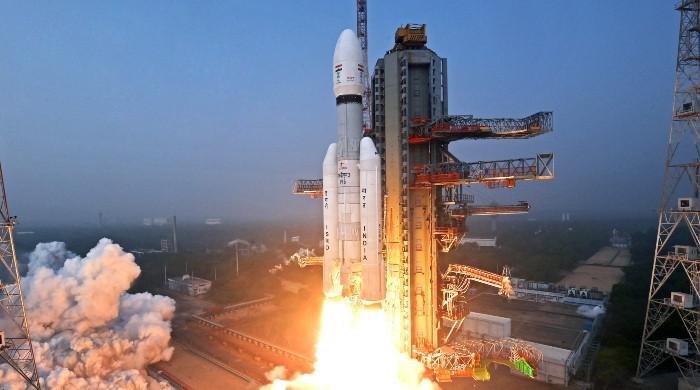Scientists discover why 'Delta' variant spreading faster than other coronavirus strains
Researchers finds that it makes copies of itself more quickly and has a shorter incubation period than previous strains
July 24, 2021

- Researchers discover why Indian 'Delta' Covid-19 variant is spreading faster as compared to other coronavirus strains
- Scientists say it makes copies of itself more quickly and has a shorter incubation period than previous strains
- People infected with the mutation had a viral load that was 1,000 times higher than other COVID-19 strains
In a major development, scientists have succeeded to discover why Indian 'Delta' COVID-19 variant is spreading faster around the word as compared to other coronavirus strains.
Researchers at the Guangdong Provincial Center for Disease Control and Prevention in China looked at people infected with the mutation, also known as B.1.617.2. and found that it makes copies of itself more quickly and has a shorter incubation period than previous strains, Daily Mail reported.
The study explains how the Delta variant has exponentially overtaken the US going from 10% of all cases in mid-June to 83.2% of all new infections by mid-July.
It is pertinent to mention here that the variant, which was first identified in India in September, has been labeled as a 'double mutant' by India's Health Ministry because it carries two mutations: L452R and E484Q.
L452R is the same mutation seen with the California homegrown variant and E484Q is similar to the mutation seen in the Brazilian 'Gamma' and South African 'Beta' variants.
According to the Daily Mail, the team looked at 62 COVID-19 patients during the first outbreak of the Delta variant in Guangzhou between May 21 and June 18.
Researchers compared their levels of the virus with 63 patients who were infected in 2020 with an earlier strain and found that when the Delta variant infects somebody, it makes copies of itself - allowing it to spread throughout the body - more quickly.
People infected with the mutation had a viral load that was 1,000 times higher, means they had 1,000 times as many copies in their respiratory tracts as, people infected with the original strain, The Daily Mail reported.
Their results confirm that the Delta variant spreads 2-3 times faster than the original virus that emerged in Wuhan in December 2019.
The authors wrote,”[The higher viral load] highlights more infectiousness of Delta variant during the early stage of infection and the frequency of the population screening should be optimized for the intervention.”
“These data indicate some advantage or neutral mutations even at a low frequency could potentially rise and be fixed in one generation of transmission, and further reach predominant in virus population if the epidemic could not be well contained,” It added.









